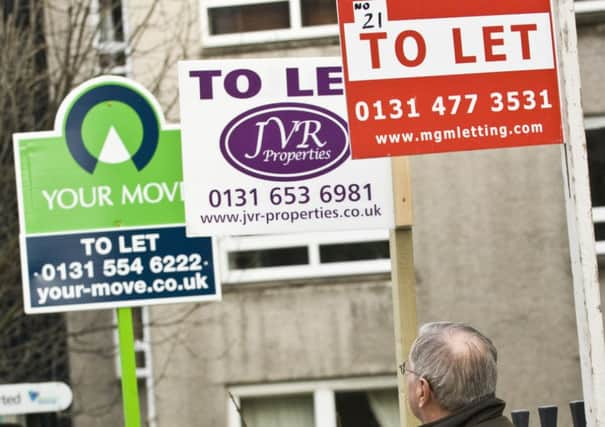Millions choose to rent instead of buy in ‘sharing economy’


But now, according to a new report from Nielsen, the so-called “sharing economy” has become a way of life for many people as websites such as Airbnb soar in popularity for cash -strapped individuals, allowing them to rent out assets they already own.
A third of British consumers now say they take advantage of peer-to-peer rental which lets members of the public rent everything from parking spaces to spare rooms, and even food, from individuals they have never met.
Advertisement
Hide AdAdvertisement
Hide AdWebsites such as Parkatmyhouse.co.uk rent out spare driveways, while people with extra leftovers at dinner can sell them to neighbours through Dutch organisation Shareyourmeal.net.
Other people are making money by charging those who borrow items such as power tools or cars.
Accommodation site Airbnb, which now boasts half a million listings worldwide, offers people the opportunity to rent out their homes, or a spare room, to holidaymakers on a short-term basis.
However, despite the growth in popularity, British consumers have been slow to embrace the trend, compared to their counterparts in mainland Europe, where 54 per cent say they use such services regularly, as do two-thirds of consumers worldwide.
The report found that while men and women in the UK were equally likely to rent out their personal items, women were more reluctant to rent from others. The willingness to do so decreases with age, with 56 per cent of people under 30 open to the idea, compared with just 13 per cent of people over 60.
“The sharing economy’s rise in popularity is due to a mix of three factors: a new wave of internet entrepreneurs; people’s increasing comfort at sharing more of their lives online, and the increasing need to earn or save money because of wider financial pressures,” Chris Morley, Nielsen’s group managing director for UK & Ireland, said.”
He added: “The sharing economy is the evolution of this pay-as-you-go mindset: why buy something I may only use a handful of times when renting allows me to save money and storage space? Consumers are becoming savvier about saving money.”
Some companies have hit out at the phenomenon, claiming it will ruin traditional business. In the US, hotel and taxi companies in major cities are already legally challenging shared economy services.
Advertisement
Hide AdAdvertisement
Hide Ad“The act of renting from peers rather than buying or hiring is giving rise to an economic revolution that may have a big impact on traditional businesses,” said Mr Morley, adding that some companies such as Volkswagen and General Motors had already created apps to encourage car sharing, reasoning that the more people ride in their cars, the more likely they are to buy one.
“Smart companies will harness the advantages of sharing services into their own products and services.”